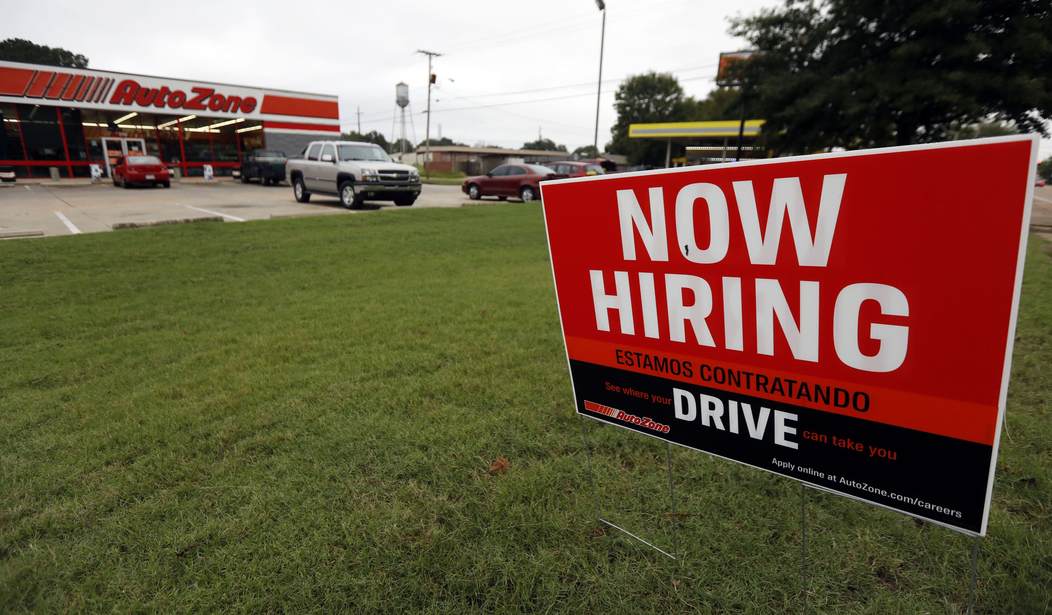By now you’ve probably heard that as a response to COVID-19, essential services are open and the non-essential ones are closed. Essential workers are at work and non-essential ones are at home. Seems simple, right?
Except that it is not simple. Even the mere logical definition of what is an essential service or worker is difficult, if not impossible to determine. Some try to define it through terms like “critical infrastructure,” which, if we are being logical and consistent would invite the question: what is “critical”?
Power lines seem like an easy answer. But does it apply to all power lines? What about a power line going to an abandoned warehouse? If you meant really big power lines (high voltage transmission) that large numbers of people rely on, then it is obvious that “critical” refers to the amount of people that rely on that infrastructure, rather than infrastructure itself. Kind of like cul-de-sac versus a freeway. Even though both are technically paved roads, probably no one would call the former ”critical”; but, of course, if you cannot get to your home, it is quite critical to you.
The other seemingly obvious criteria?—whether you can live without something—is also not so obvious. Water? Sure. But does it apply to all water, from tapped to bottled? What if tap water is unsafe or people think it is unsafe and resort to bottled water? Does it make Evian essential?
A legal definition of “critical” or “essential” would be easier, especially if one resorts to a simple principle of “Is it on the list?” But it leads to situations where the essentialness of a worker is defined by whether a person is carrying a piece of paper that says he or she is essential and therefore allowed to work.
Recommended
Here is another caveat. We are assuming that the person actually wants to work during the emergency. Many labor laws have exactly the opposite twist —essential workers are required to work and not allowed to strike.
Critical examination of the whole concept of “essential” is important. As calls to open the economy escalate there will be calls against it, along with accusations that politicians are callously endangering lives. Some will call for a gradual opening. Of course, if a gradual opening happens, people will interact and there may be another spike in COVID-19 cases, which will prompt more calls to shut down “non-essentials” again.
Is Amazon or any other delivery an essential service? Surely it supplies people with things that people need, and at least right now in the U.S. it is treated as such. But then again, some critics would go deeper and start defining what individual products are essential and what are not. Some are criticizing Amazon for delivering not just food but other items. France, who loves dirigisme (government directing the economy) and has a history of conflict with Jeff Bezos has just fined Amazon for selling “non-essential” items. How is it in Michigan that lottery tickets are still permitted, but buying a can of paint is not?
The slippery slope here is that labels of “essential” and “non-essential” can be a shorthand for allowing the government to arbitrarily decide what people should or should not eat, drink, wear, and enjoy. There is a growing concern that the shutdown of meat processing plants threatens to leave consumers without pork. Is pork essential? Yes for some, and absolutely not for others.
What about companies that produce packaging or material for food packaging? In the modern economy, the number of links between different products is difficult to grasp. We are all essential in one way or another.
In fact, the whole attempt, however noble, to distinguish between “essential” and “non-essential” has the aftertaste of trying to label some goods as “frivolous.” Having grown up in Soviet Union, I recall people’s complaints about chronic shortages of toilet paper or mayonnaise dismissed as “remnants of bourgeois thinking.” Add some darker undertones, and the debate over what is “essential” calls to mind attempts to distinguish between “socialist” art, science, or products and “bourgeois” ones.
Allowing politicians to decide which businesses and products are “essential” is an invitation for disaster. Guidance, advice, sharing of the latest information, best practices to reduce spread of infection—these provinces are where governments can offer the most assistance. We shouldn't assume that countless shops, pizza places, hairdressers are just waiting to open without any regard to the safety of their employees and customers.
The economy needs to open. Government “stimulus” cannot and will not not suffice.
It is very likely that the owner of a small business is also a worker, a driver, an accountant, and a manager. They represent the front lines of production during the outbreak. If they or their clients get sick, they lose too.
If we continue to deny these businesses the ability to do the one essential thing they are best at—providing goods and services to millions of everyday Americans—we risk more than unemployment or recession of stock price plunge.
We deprive ourselves of the best resource—our people—during the time of need.

























Join the conversation as a VIP Member